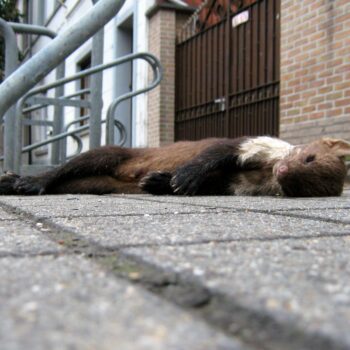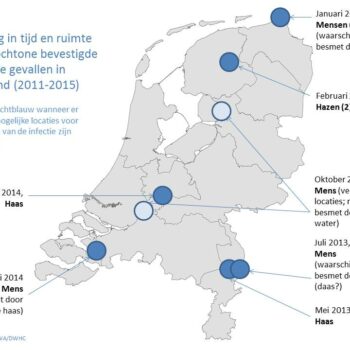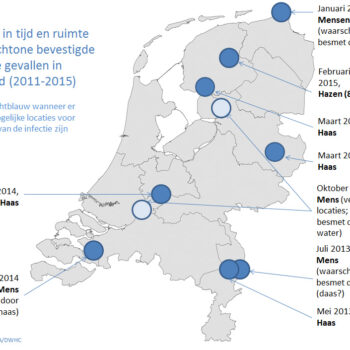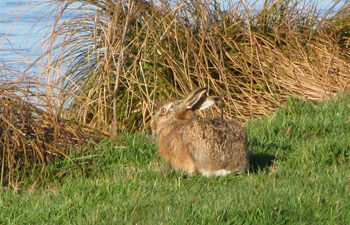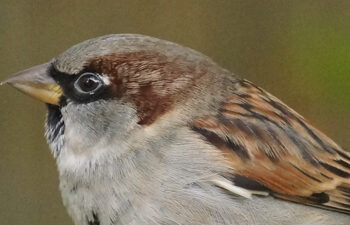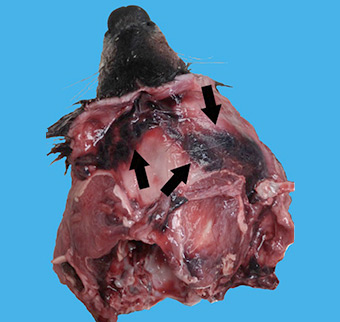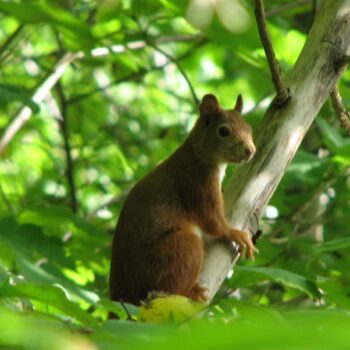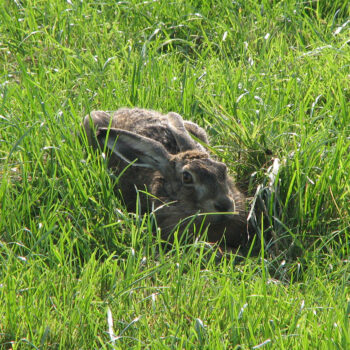Toxoplasma in a stone marten
In early 2015 an adult male stone marten was submitted to the DWHC for post-mortem exam. The animal was in good nutritional condition and there was evidence of fatal trauma to the head consistent with roadkill. In addition, there was inflammation of the heart due to infection with Toxoplasma gondii; this may have
Read more



